Art15: how and why public museums are no longer defining the art scene
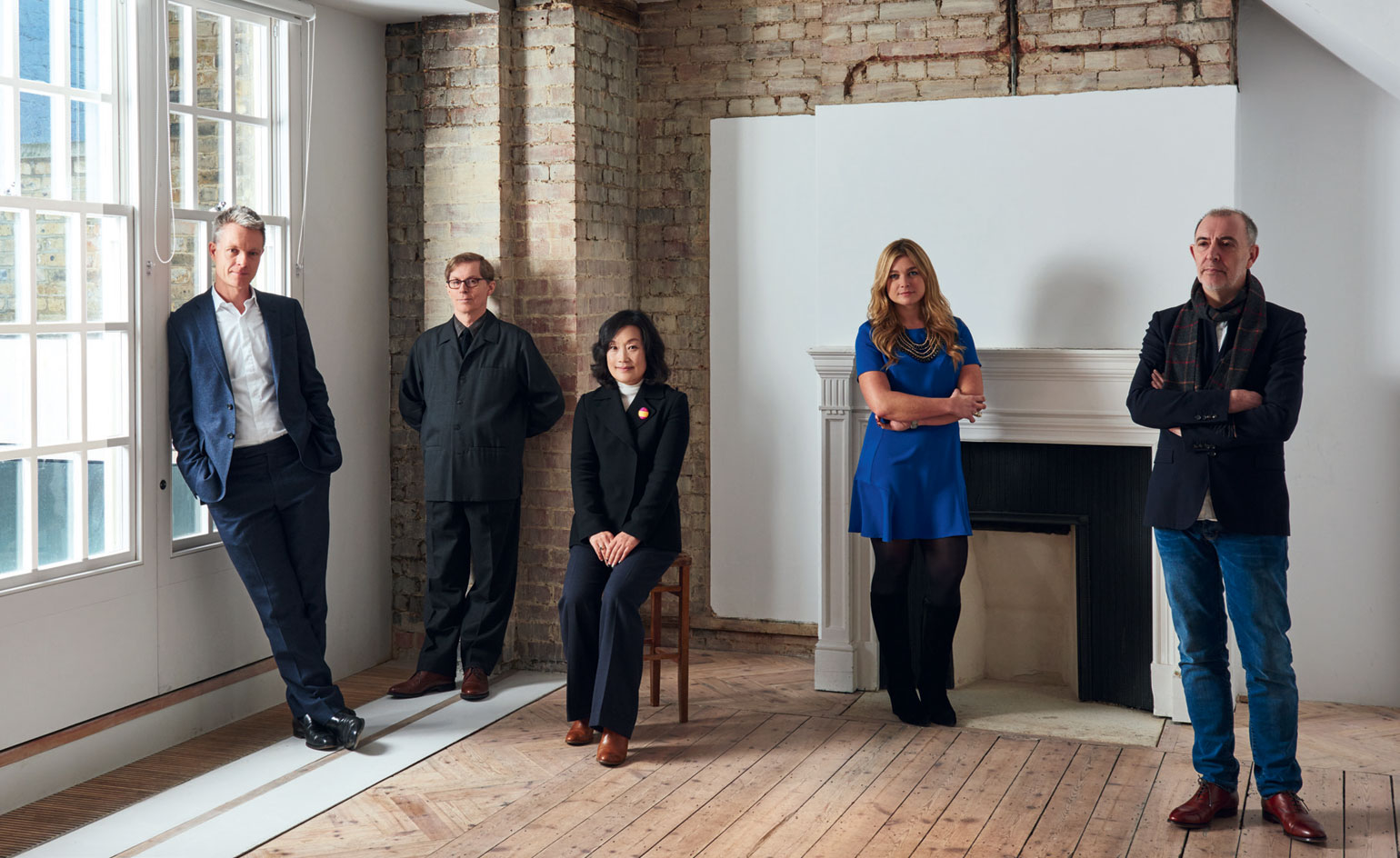
'Private museums are reconfiguring the art ecology,' says Philip Dodd, broadcaster, former director of the ICA and chairman of the advisory board for London art fair Art15. 'In some countries, they are "inventing" the art scene; in others, they are outshining their public counterparts. They are blossoming in countries where the state is withdrawing or is weak, and thriving in countries like China where it's too strong.'
With this in mind, four years ago, Dodd launched the Global Private Museum Summit, a 'self-help group' aimed at private museum owners. This May, during Art15, it will bring together more than 40 private museum owners from as many countries. Topics for discussion include philanthropy and cultural regeneration. 'We are less focused on London, New York, Miami and Basel, and more interested in Latin America, Asia and the Middle East, where private museums are leading the way,' says Dodd.
Art15's selection committee includes Tim Marlow, director of artistic programmes at the Royal Academy of Arts; Sunhee Kim, director and curator of Daegu Art Museum in South Korea; and Christopher Phillips, curator at the International Center of Photography in New York. All share Dodd's take on art's regenerative power, and agree that in reaching out to these newer markets and trying to address art - and its infrastructure - in the wider context of driving regeneration, Art15 can differentiate itself from other art fairs.
Art15 was launched three years ago, as Art13, with a mission to pull in galleries from outside Europe and the US, and provide an alternative to the selection of blue chip usual suspects who dominate the major art fairs. The fair tracks developments in art's emerging markets and explores growth at private collector-backed museums. It is in China that the idea of the private museum, pop-up or permanent, is really taking hold. And in unexpected places. Last year, more than 340,000 people went to the K11 shopping mall in Shanghai to see an exhibition of 40 works by Monet. K11's founder, the billionaire art patron Adrian Cheng, borrowed the works from the Marmottan Museum in Paris and entry was free. Cheng hopes to bring his 'art mall' concept to a further 20 Chinese cities by 2020. 'People love the idea of being able to see art exhibitions while hanging out in a retail space, and we will continue to promote this in our future projects,' says 34-year-old Cheng, who is also general manager of New World Development, a luxury conglomerate founded by his grandfather.
Over the past year, the K11 Art Foundation has organised more than 200 exhibitions and workshops across China, hosted pop-ups at the Art Basel fairs, and established an 'art village' offering artists in residency programmes for young artists in the Chinese city of Wuhan (more will follow). And should anyone doubt his credentials, Cheng is also a trustee of London's Royal Academy of Arts, a member of the Centre Pompidou's patrons' group, International Circle, and has set up a three-year partnership between the K11 Art Foundation and the Palais de Tokyo.
Cheng is not alone in his philanthropic mission to open up access to art in China. Last year, Chinese-Indonesian collector Budi Tek opened the Yuz Museum in a 9,000 sq m former aircraft hangar on Shanghai's West Bund, reworked by architect Sou Fujimoto; and Chinese power couple Liu Yiqian and his wife Wang Wei opened two of their Long Museums in West Bund and Pudong in the space of two years. All focus predominantly on Chinese art, although the mix is international. And so fast paced is Shanghai's private museum building boom, it has been compared to New York's in the late 18th and early 19th centuries.
Other cities are close to matching that pace. In the next five years, Beirut will have five new private art museums, designed by architects such as Jean-Michel Wilmotte and Christian de Portzamparc. The frst of these, the Aïshti Foundation, belongs to Lebanese retail mogul and major collector Tony Salamé and opens this October on the city's seafront. Like K11, it will offer art and 17,500 sq m of retail under one roof, alongside a restaurant and rooftop bar, all designed by David Adjaye. 'Private museums play a key cultural role in emerging markets,' says Salamé. 'They establish a dialogue between societies in developing countries like Lebanon and other nations in the region and in the West. They also create a platform for local artists to showcase their work.'
Azerbaijani heiress Aida Mahmudova founded the Yarat art organisation in 2011. 'The art infrastructure of any city should provide a variety of experiences to engage wide audiences,' she says. This March, Yarat opened its first permanent space in Baku in a former Soviet-era naval headquarter with the intention of displaying works by artists from the Caucasus and Central Asia. 'One of Yarat's aims is to complement Azerbaijan's national museums by providing alternative viewpoints,' she adds. Over the past three years, Yarat has commissioned more than 80 projects in Baku and has led to education programmes and collaborations with museums and institutions in Azerbaijan.
There's a caveat when it comes to private museums; sometimes it can be hard to draw the line between vanity and genuine philanthropy, between the whim of one individual, and the greater good. Enlisting curators, creating solid education programmes and, of course, commissioning good art are a must if any private museum is to generate genuine social change and stand the test of time. As Cheng explains: 'Our competitors are trying to follow suit, but our model is not easy to copy. Hardware is easy, but you need the software - that is, the right content; quality exhibitions and supporting programmes, such as seminars, workshops and forums, to make it all work.' Without firm roots, these private foundations are little more than houses of cards. 'We're seeing a mixed ecology where private museums become as, or more, important than public ones,' says Dodd. 'For good or bad, the privatisation of museums is a reality.'
As featured in the May 2015 (W* 194) issue of Wallpaper*
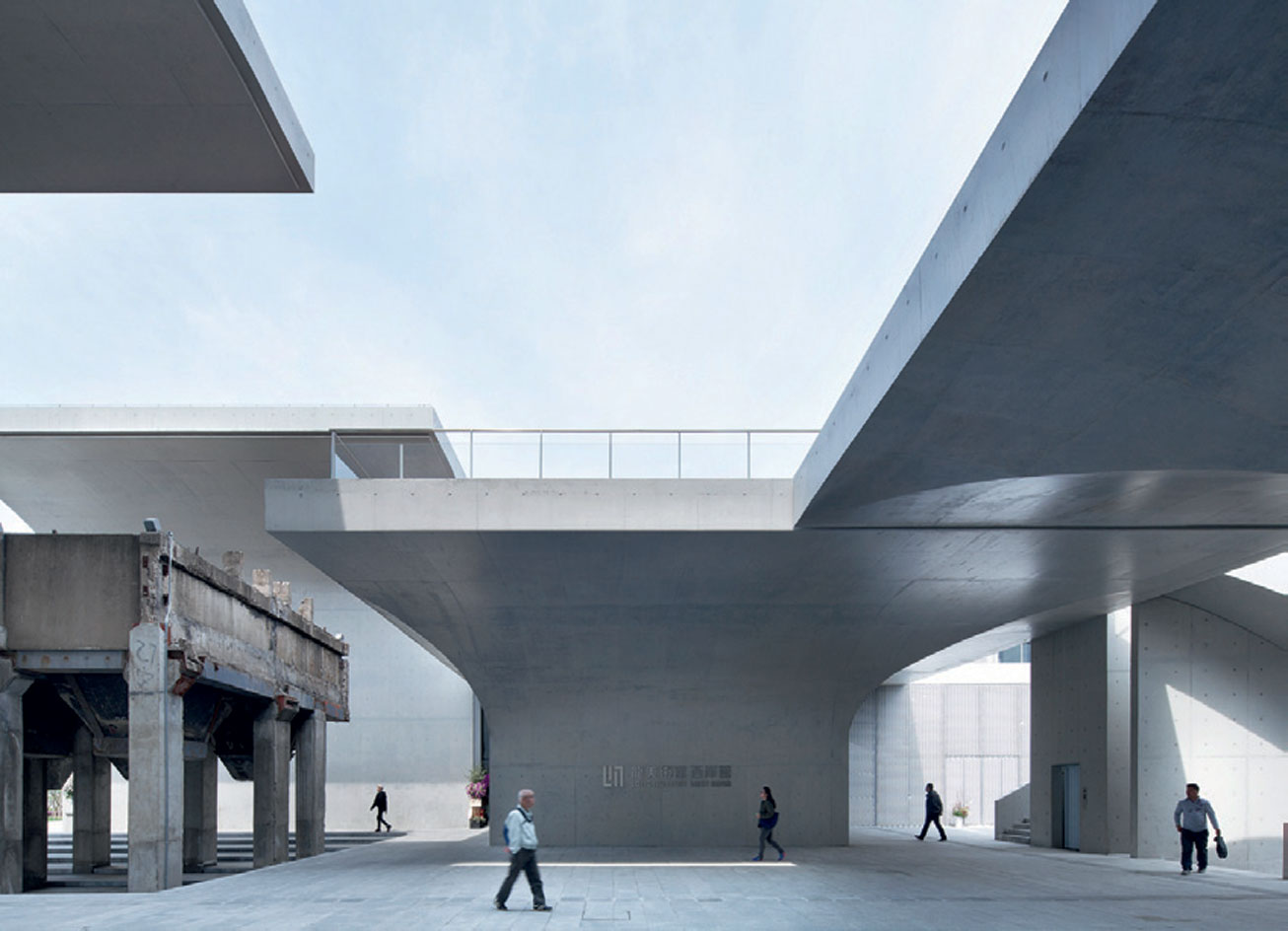
The rise of the private museum. Long Museum West Bund, Shanghai: a coal dockyard turned into a 33,000 sq m gallery by Atelier Deshaus
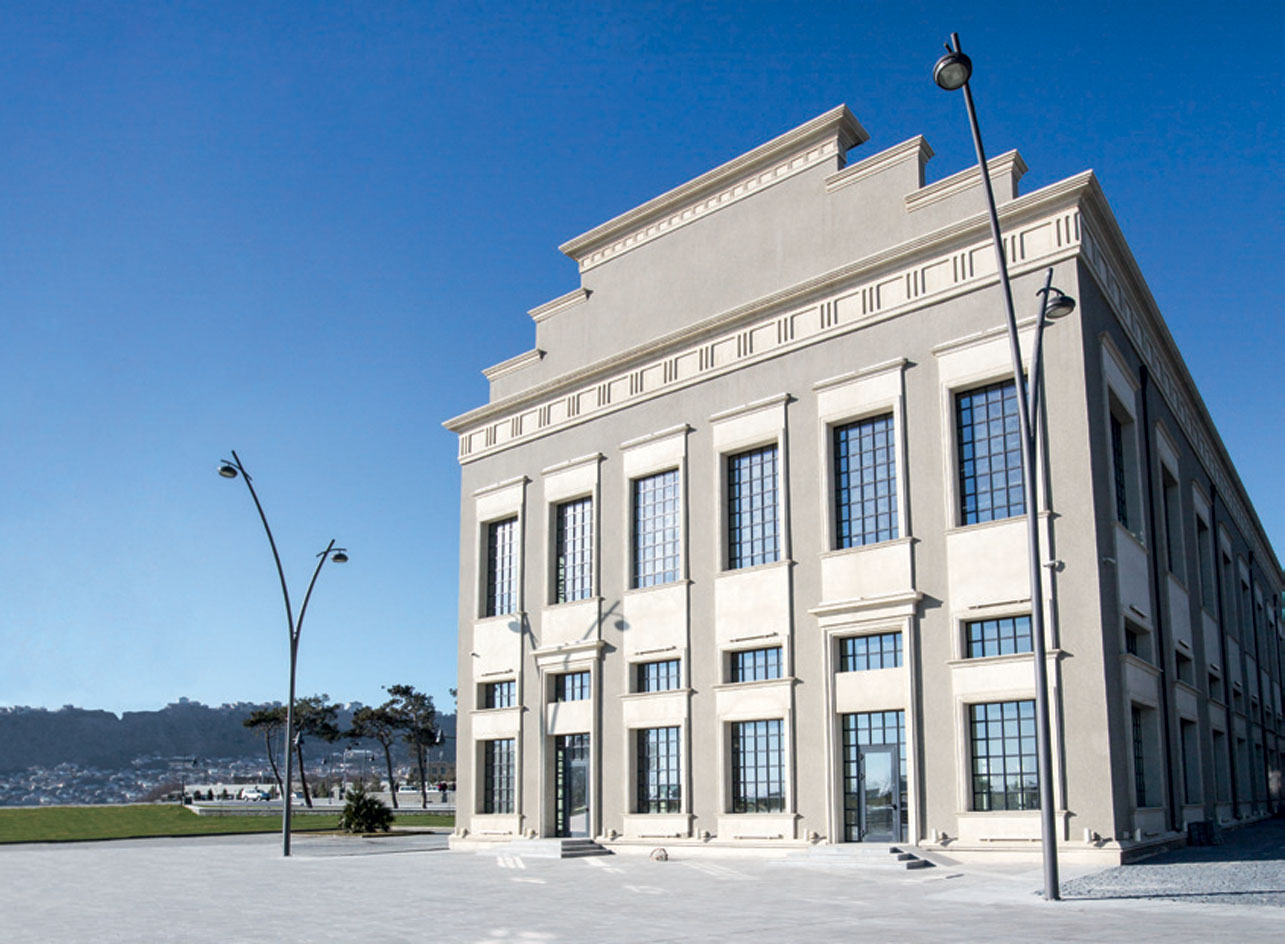
Yarat contemporary Art Centre, Baku: A 2,000 sq m museum in a former Soviet base on the Caspian Sea
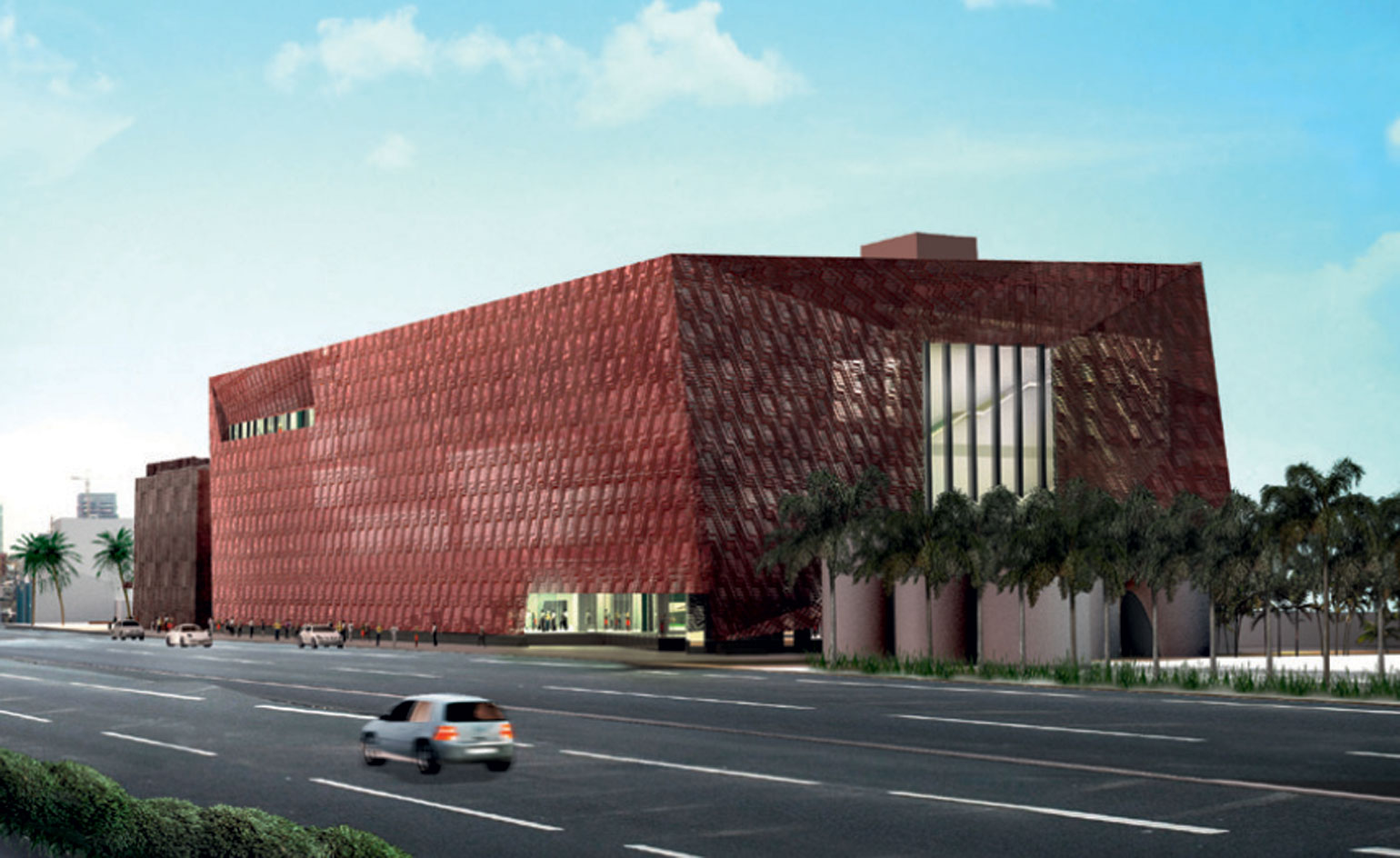
Aïshti Foundation, Beirut: Art, hospitality and retail all under one, David Adjaye-designed, roof, opening in October 2015
ADDRESS
Art15
Olympia
Olympia Way
London
W14 8UX
Wallpaper* Newsletter
Receive our daily digest of inspiration, escapism and design stories from around the world direct to your inbox.
Emma O'Kelly is a freelance journalist and author based in London. Her books include Sauna: The Power of Deep Heat and she is currently working on a UK guide to wild saunas, due to be published in 2025.
-
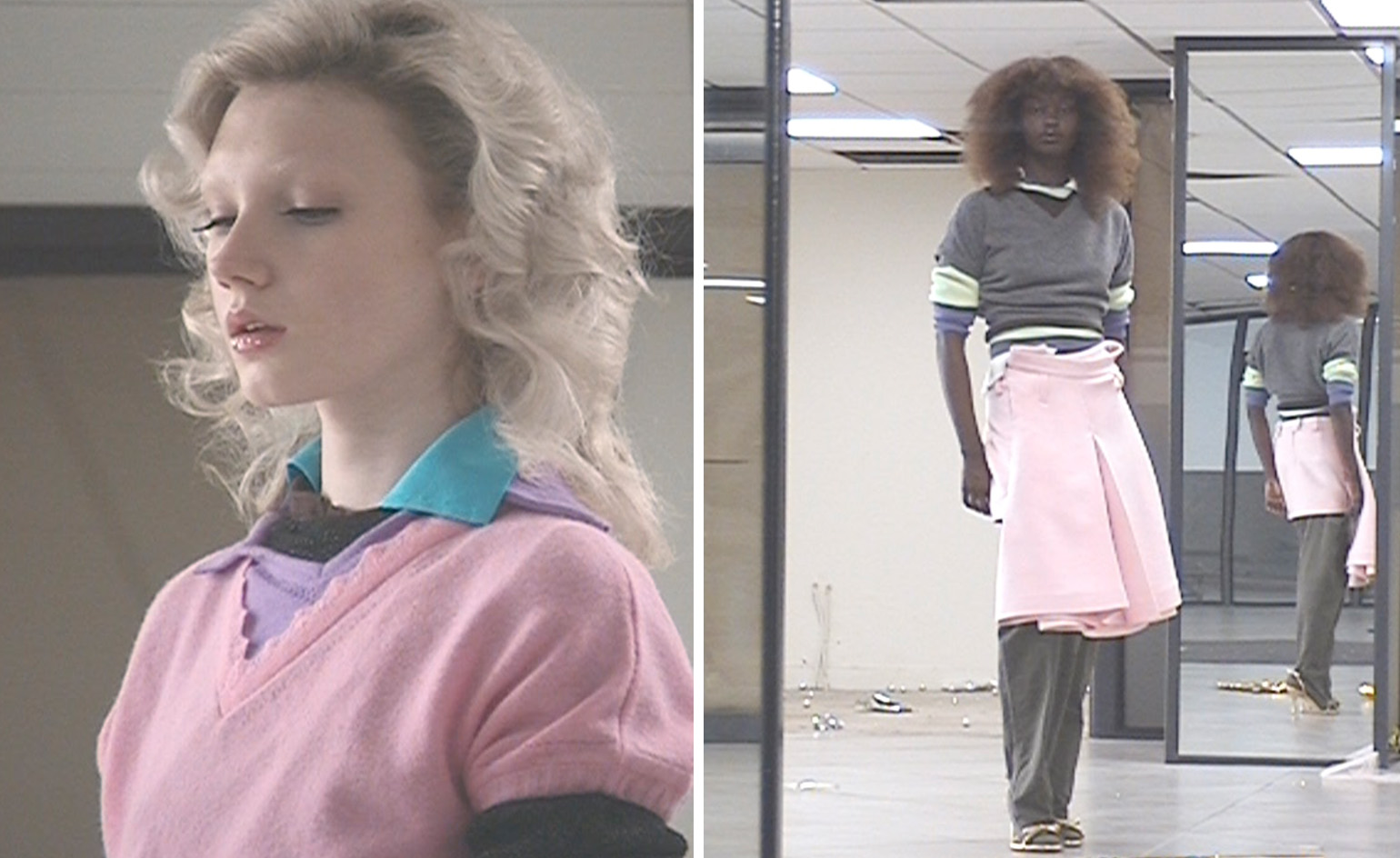 All-In is the Paris-based label making full-force fashion for main character dressing
All-In is the Paris-based label making full-force fashion for main character dressingPart of our monthly Uprising series, Wallpaper* meets Benjamin Barron and Bror August Vestbø of All-In, the LVMH Prize-nominated label which bases its collections on a riotous cast of characters – real and imagined
By Orla Brennan
-
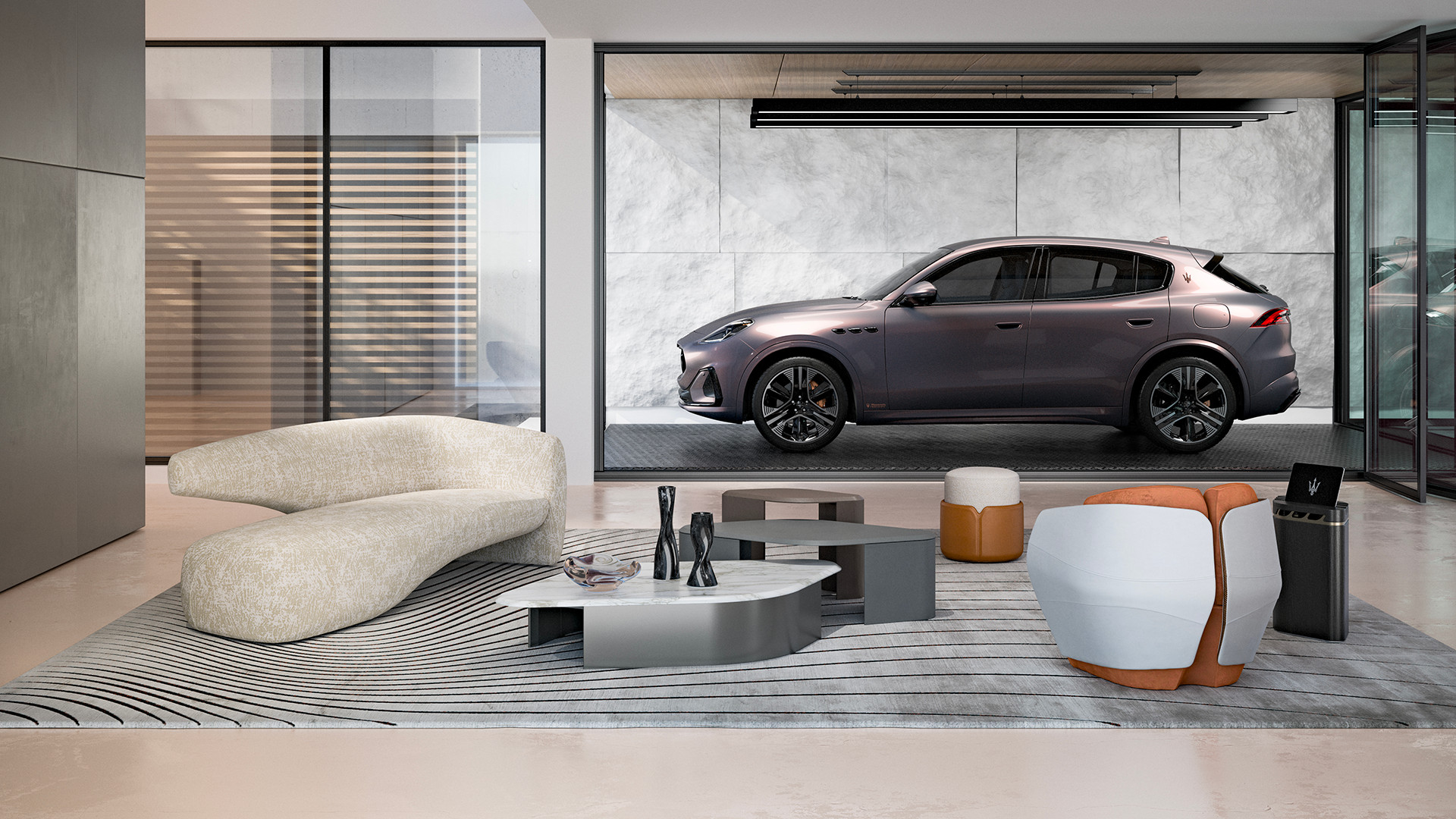 Maserati joins forces with Giorgetti for a turbo-charged relationship
Maserati joins forces with Giorgetti for a turbo-charged relationshipAnnouncing their marriage during Milan Design Week, the brands unveiled a collection, a car and a long term commitment
By Hugo Macdonald
-
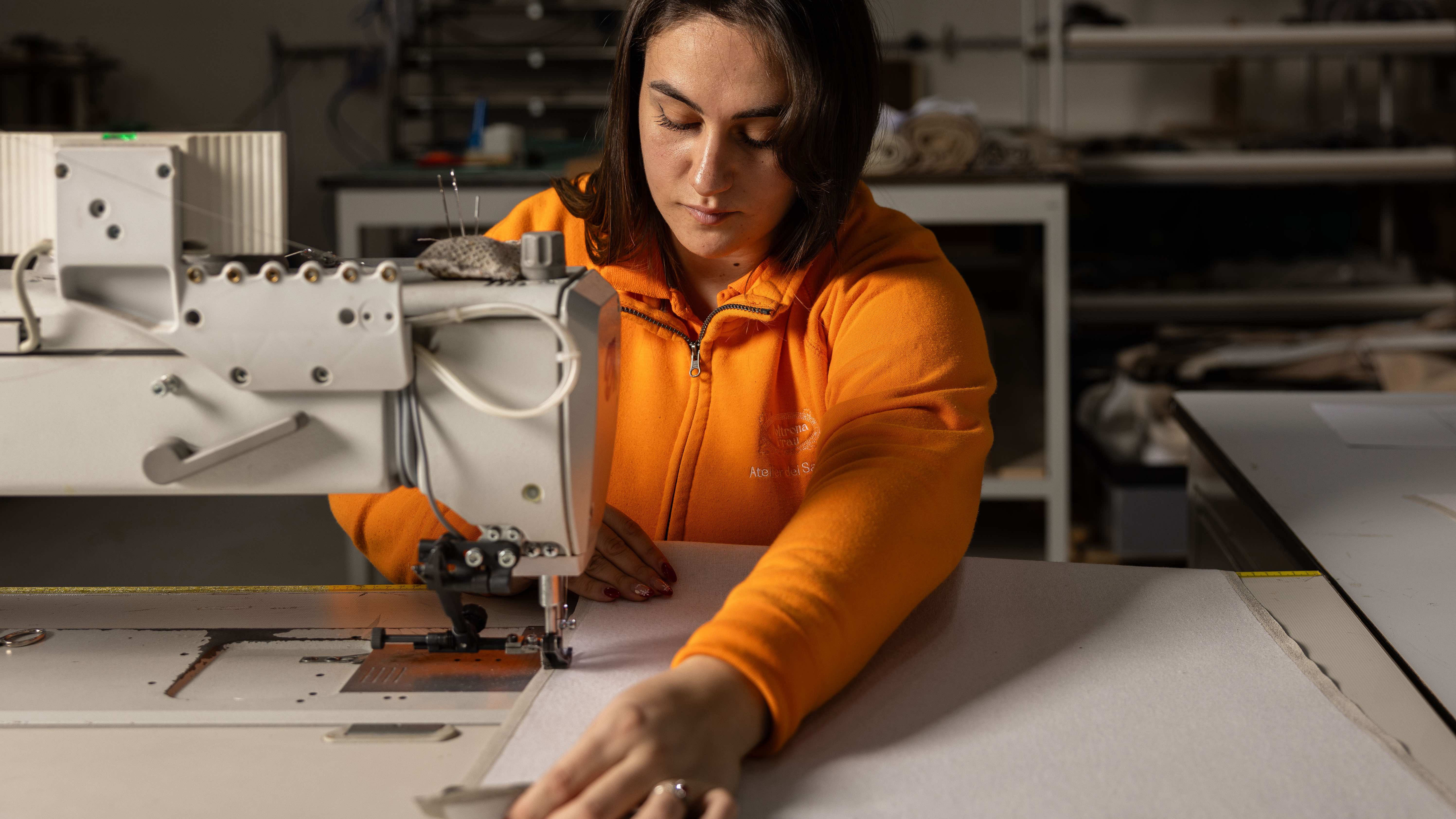 Through an innovative new training program, Poltrona Frau aims to safeguard Italian craft
Through an innovative new training program, Poltrona Frau aims to safeguard Italian craftThe heritage furniture manufacturer is training a new generation of leather artisans
By Cristina Kiran Piotti
-
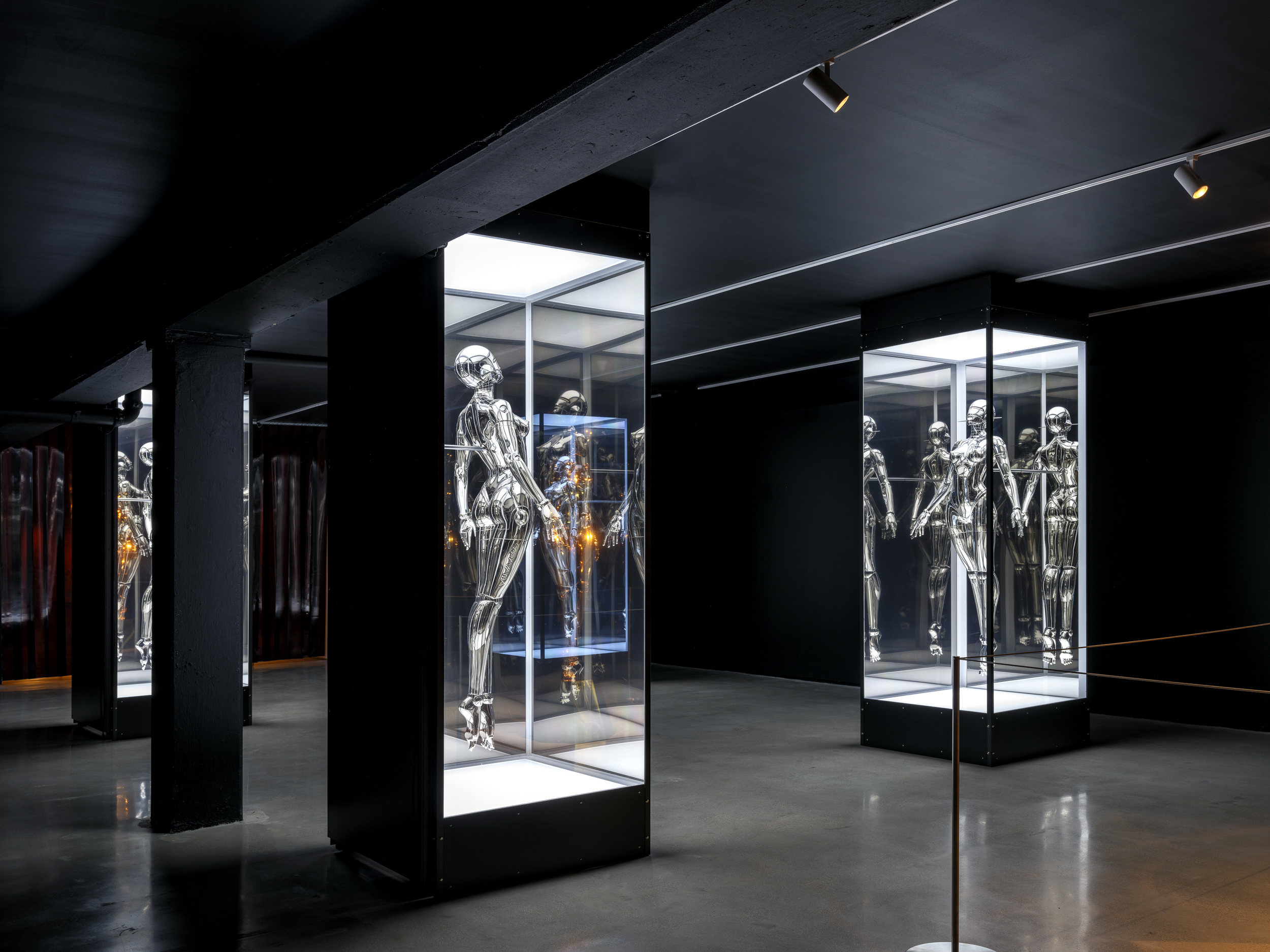 Miami’s new Museum of Sex is a beacon of open discourse
Miami’s new Museum of Sex is a beacon of open discourseThe Miami outpost of the cult New York destination opened last year, and continues its legacy of presenting and celebrating human sexuality
By Anna Solomon
-
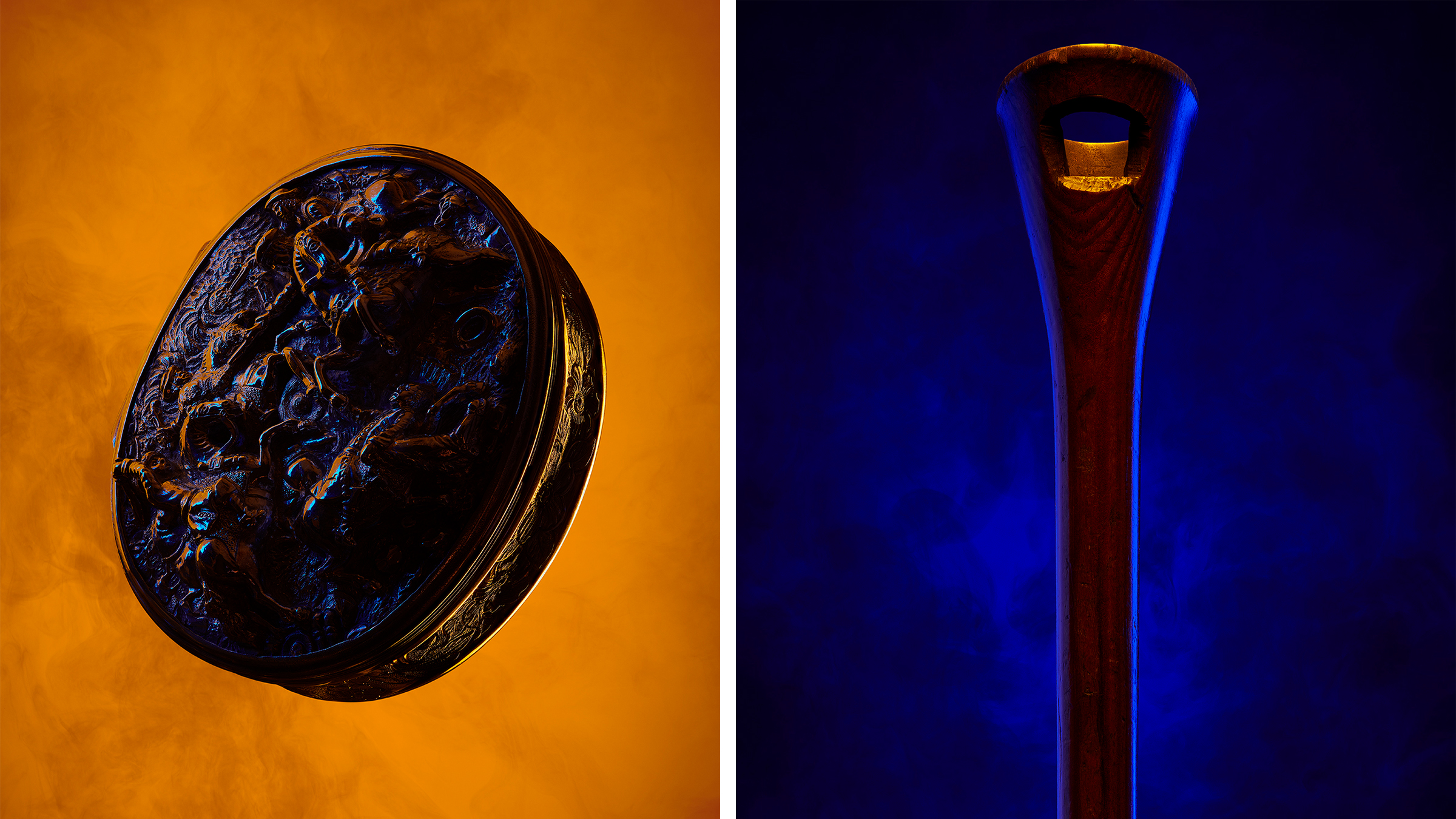 Royal College of Physicians Museum presents its archives in a glowing new light
Royal College of Physicians Museum presents its archives in a glowing new lightLondon photography exhibition ‘Unfamiliar’, at the Royal College of Physicians Museum (23 January – 28 July 2023), presents clinical tools as you’ve never seen them before
By Martha Elliott
-
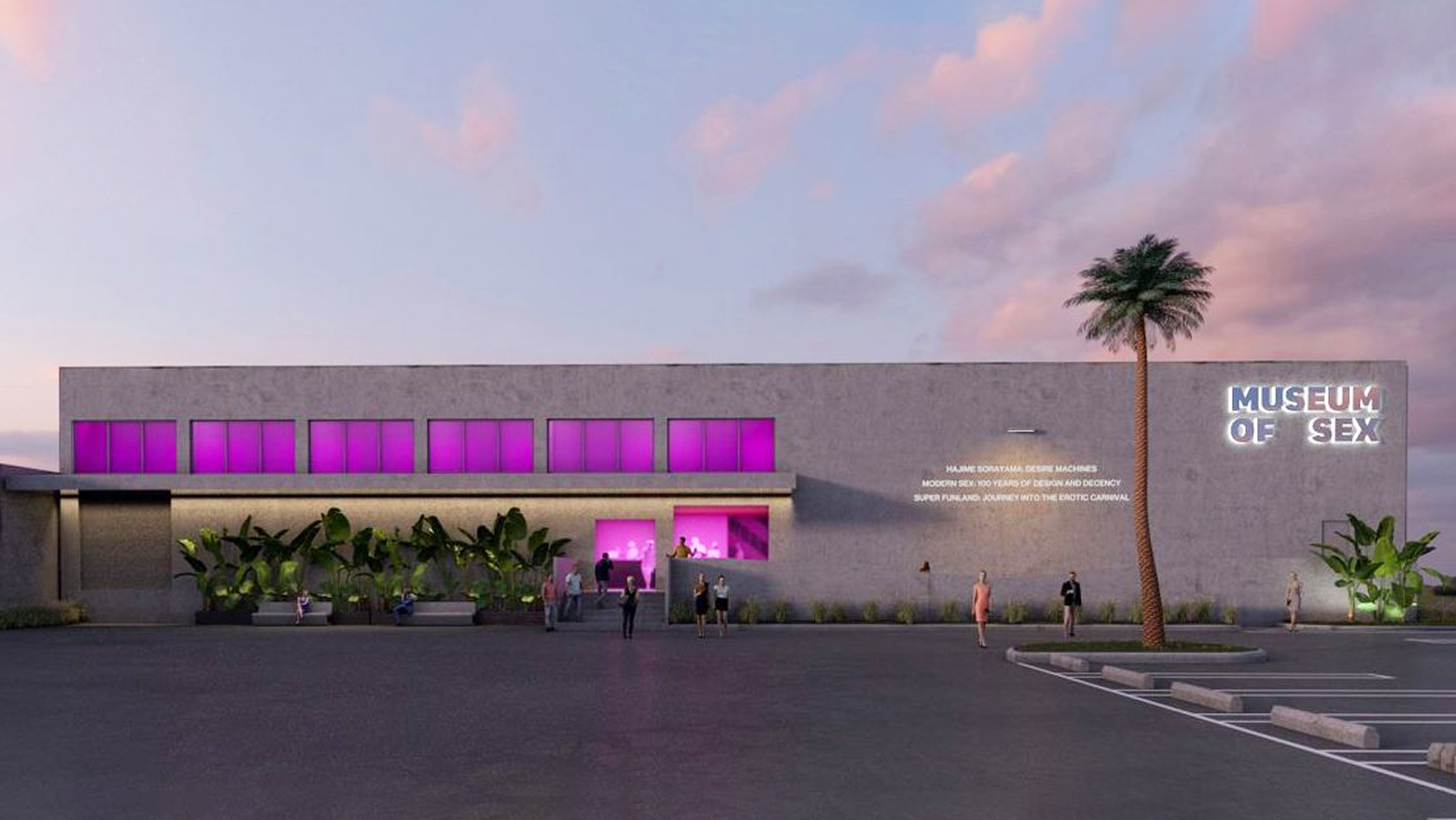 Museum of Sex to open Miami outpost in spring 2023
Museum of Sex to open Miami outpost in spring 2023The Museum of Sex will expand with a new Miami outpost in spring 2023, housed in a former warehouse reimagined by Snøhetta and inaugurated with an exhibition by Hajime Sorayama
By Harriet Lloyd-Smith
-
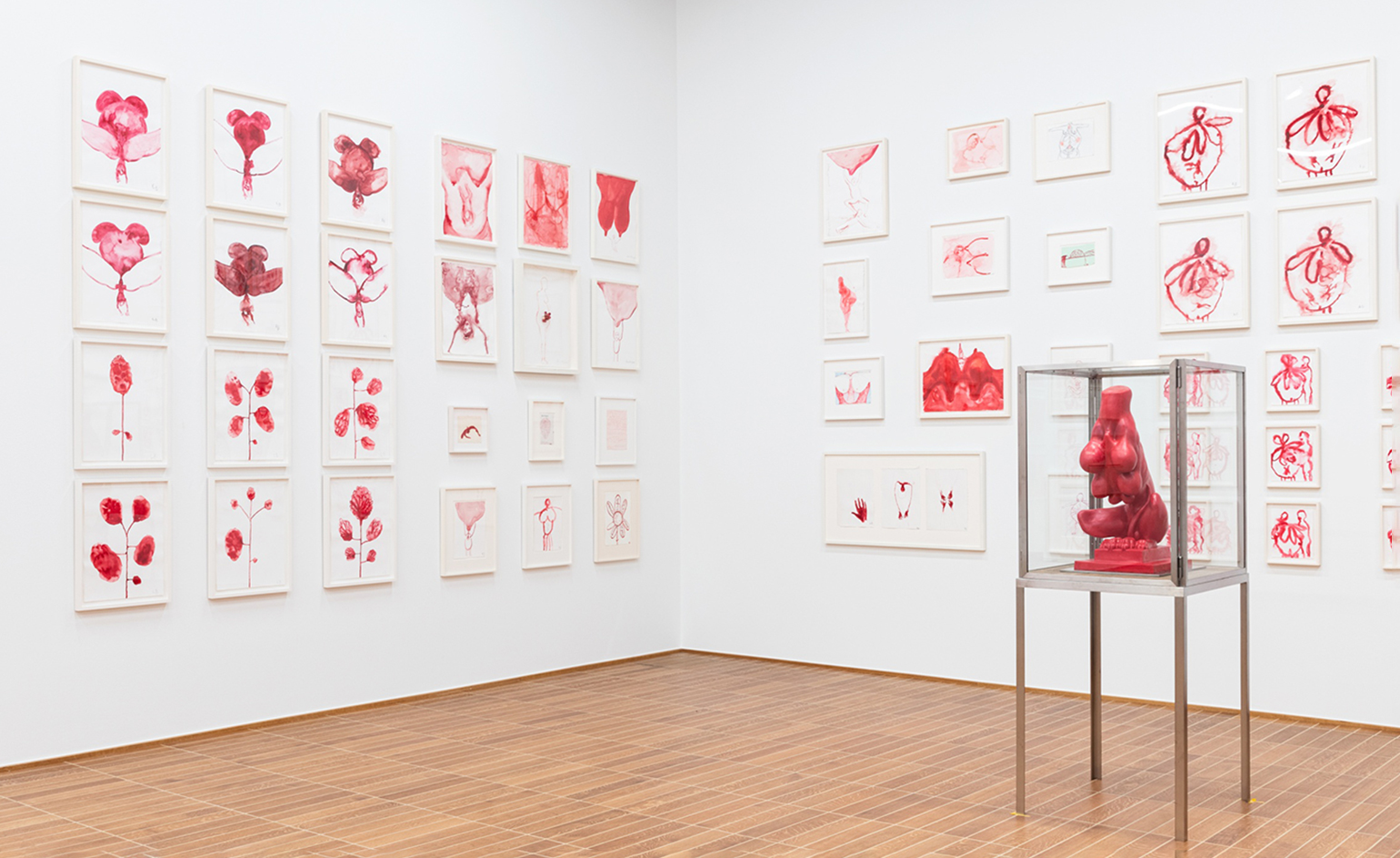 Jenny Holzer curates Louise Bourgeois: ‘She was infinite’
Jenny Holzer curates Louise Bourgeois: ‘She was infinite’The inimitable work of Louise Bourgeois is seen through the eyes of Jenny Holzer in this potent meeting of minds at Kunstmuseum Basel
By Amah-Rose Abrams
-
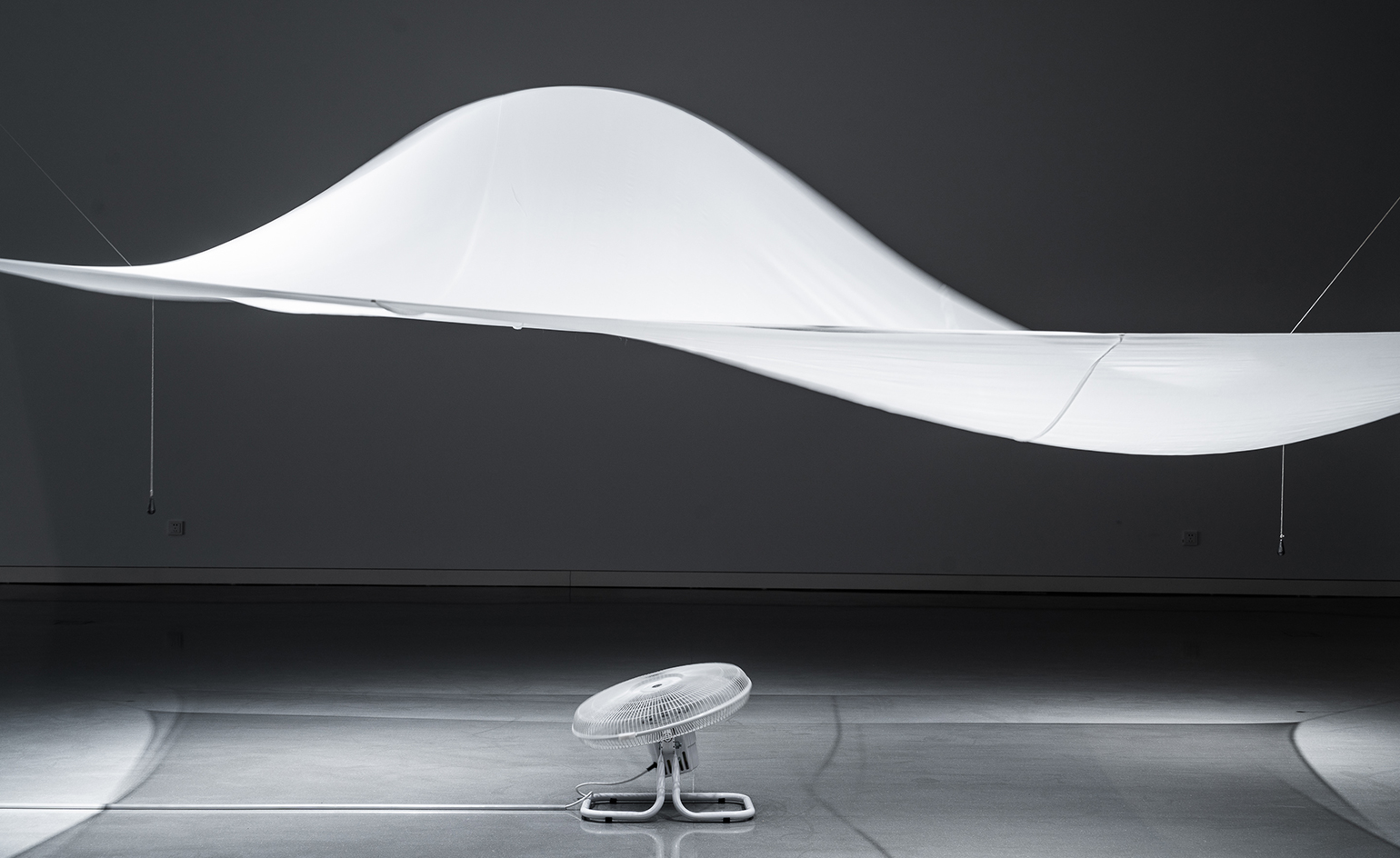 ‘A Show About Nothing’: group exhibition in Hangzhou celebrates emptiness
‘A Show About Nothing’: group exhibition in Hangzhou celebrates emptinessThe inaugural exhibition at new Hangzhou cultural centre By Art Matters explores ‘nothingness’ through 30 local and international artists, including Maurizio Cattelan, Ghislaine Leung, Hiroshi Sugimoto, Liu Guoqiang and Yoko Ono
By Yoko Choy
-
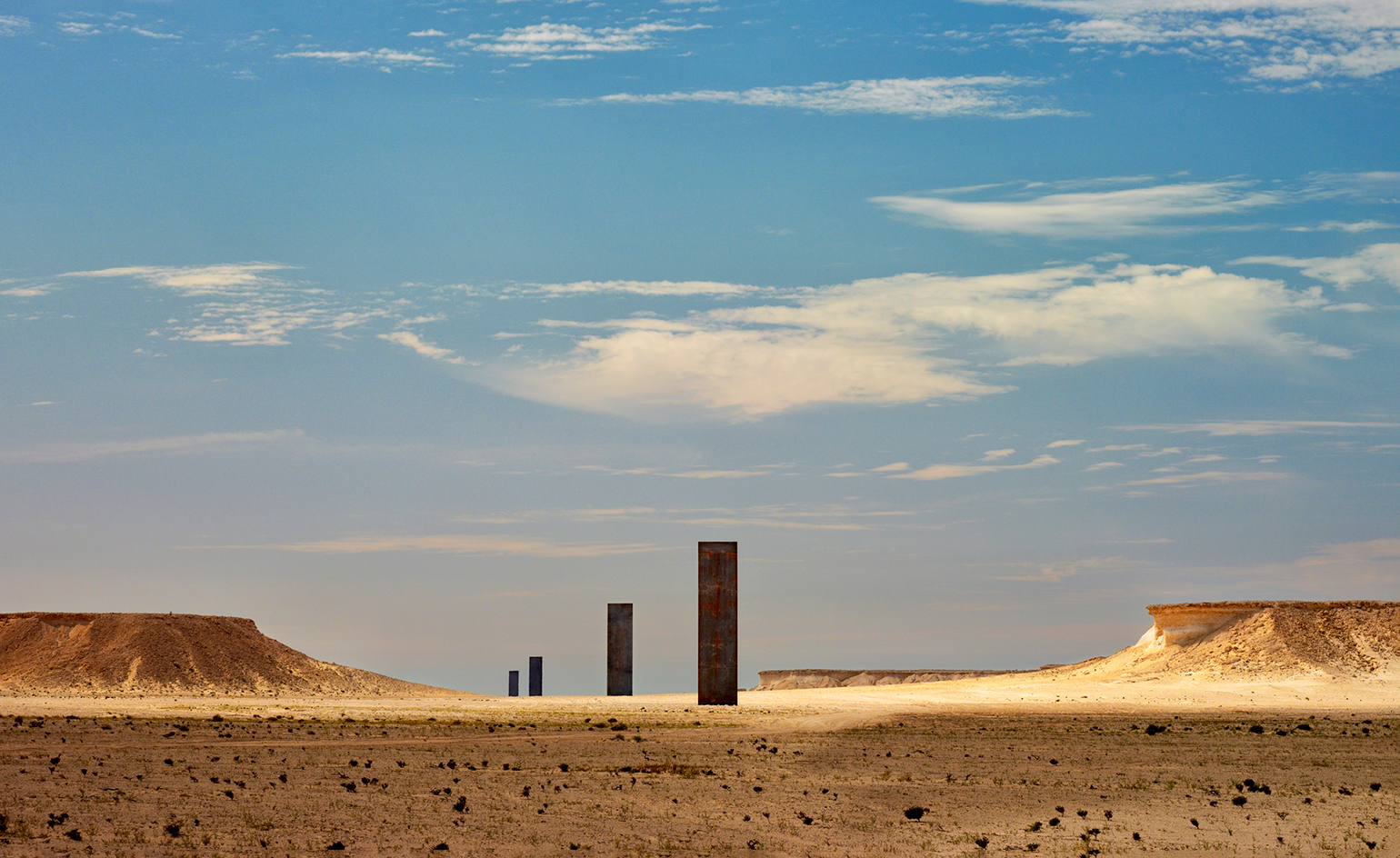 Three days in Doha: art, sport, desert, heat
Three days in Doha: art, sport, desert, heatIn our three-day Doha diary, we record the fruits of Qatar’s cultural transformation, which involved Jeff Koons, a glass palace of books, and a desert sunset on Richard Serra
By Harriet Lloyd-Smith
-
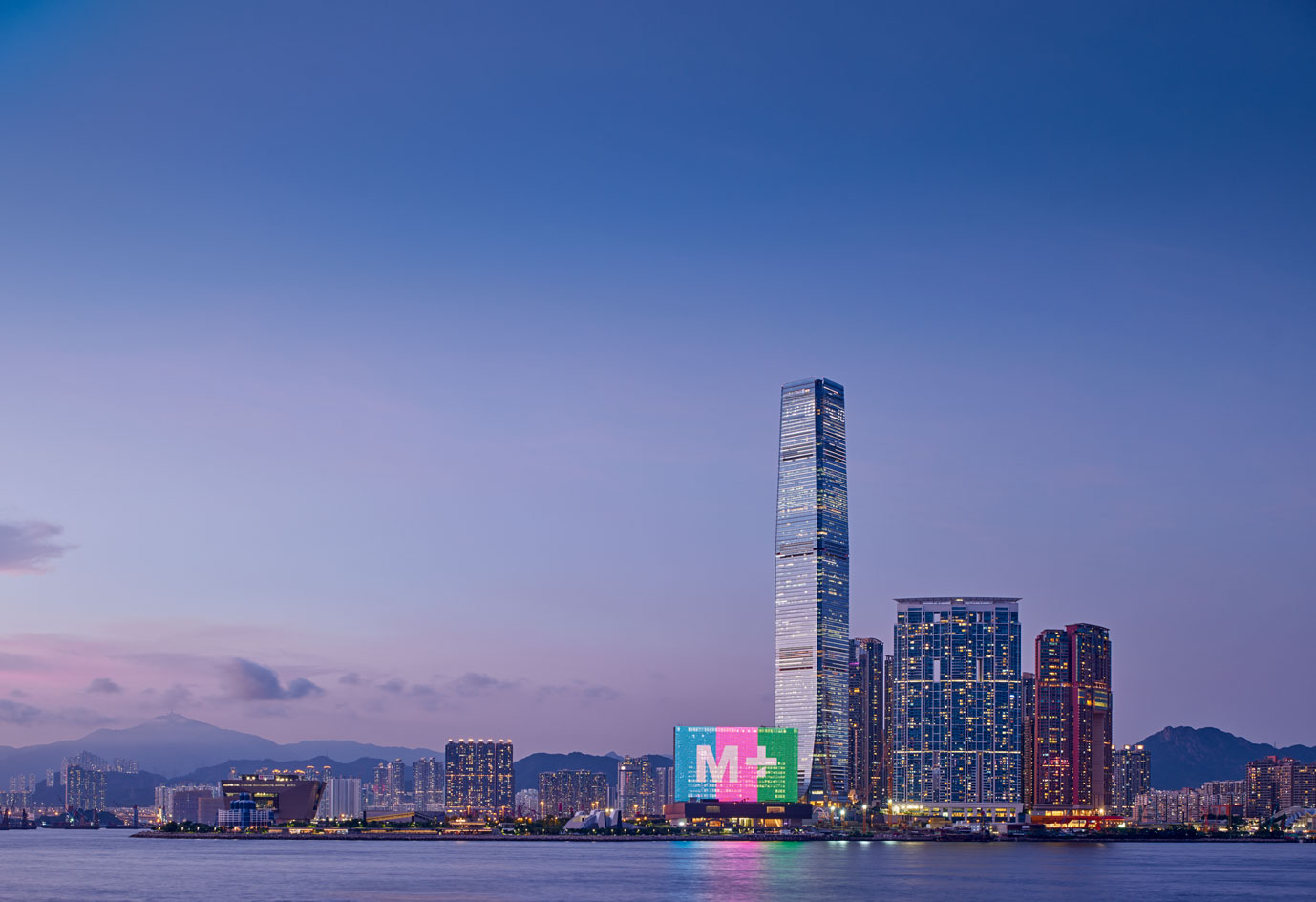 Hong Kong’s M+ Museum to open with six thematic shows
Hong Kong’s M+ Museum to open with six thematic showsAsia’s first global museum of contemporary visual culture will open on 12 November in Hong Kong’s West Kowloon Cultural District, with six themed shows spanning art, design and architecture
By Harriet Lloyd-Smith
-
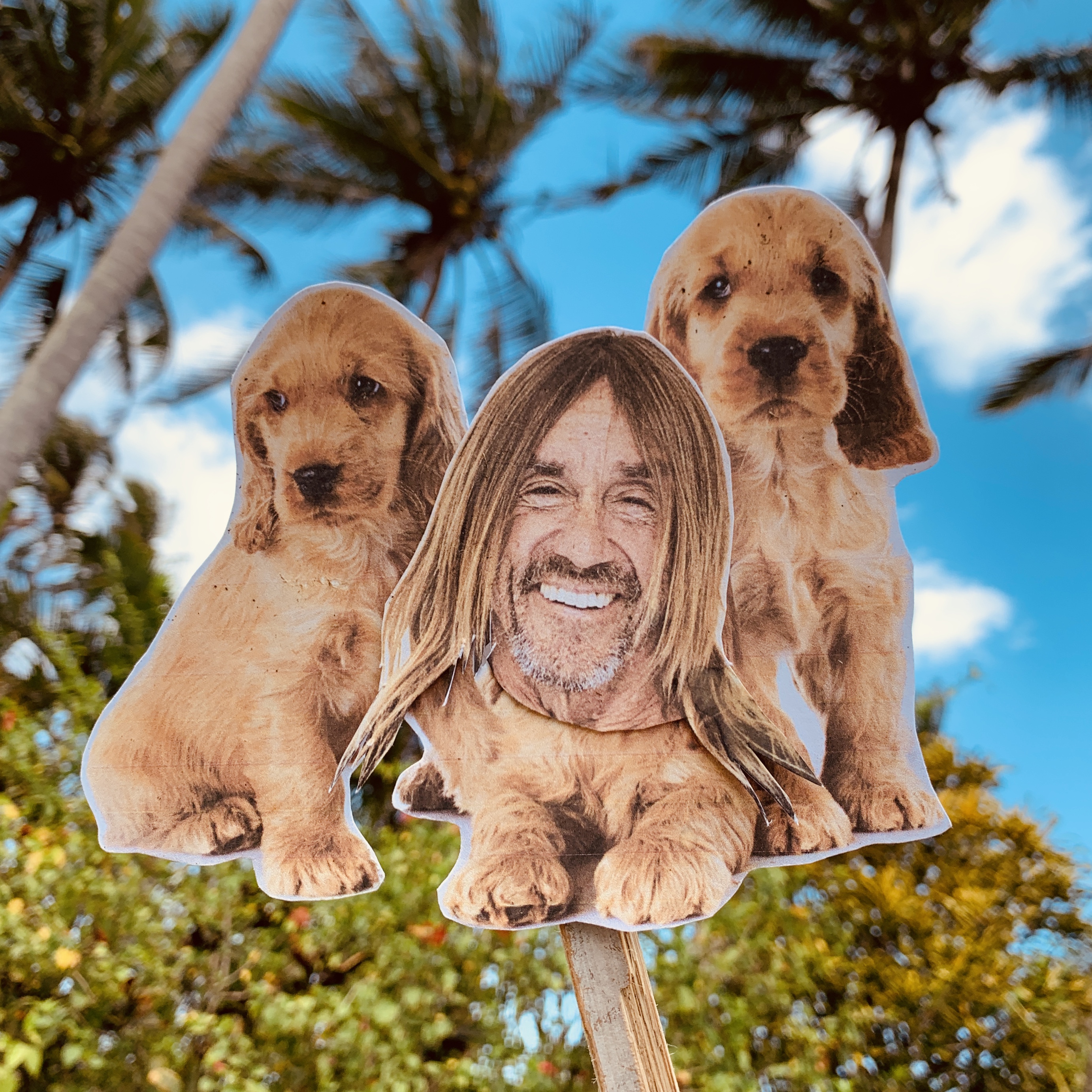 Maurizio Cattelan invites the who’s who of culture to read bedtime stories
Maurizio Cattelan invites the who’s who of culture to read bedtime storiesThe subversive Italian artist has recruited the likes of Iggy Pop, Takashi Murakami and Joan Jonas to read bedtime stories in a new digital project for the New Museum
By Pei-Ru Keh